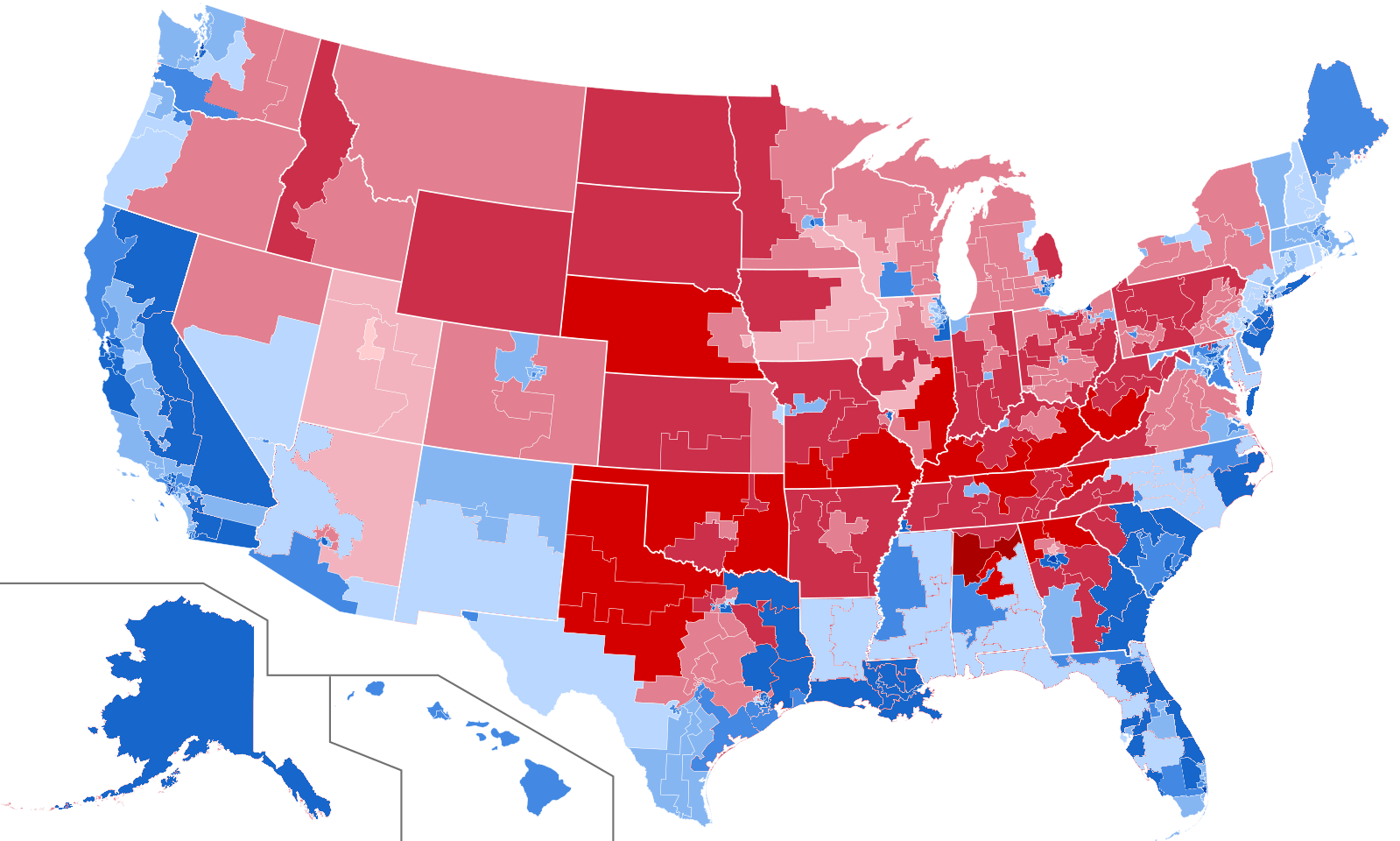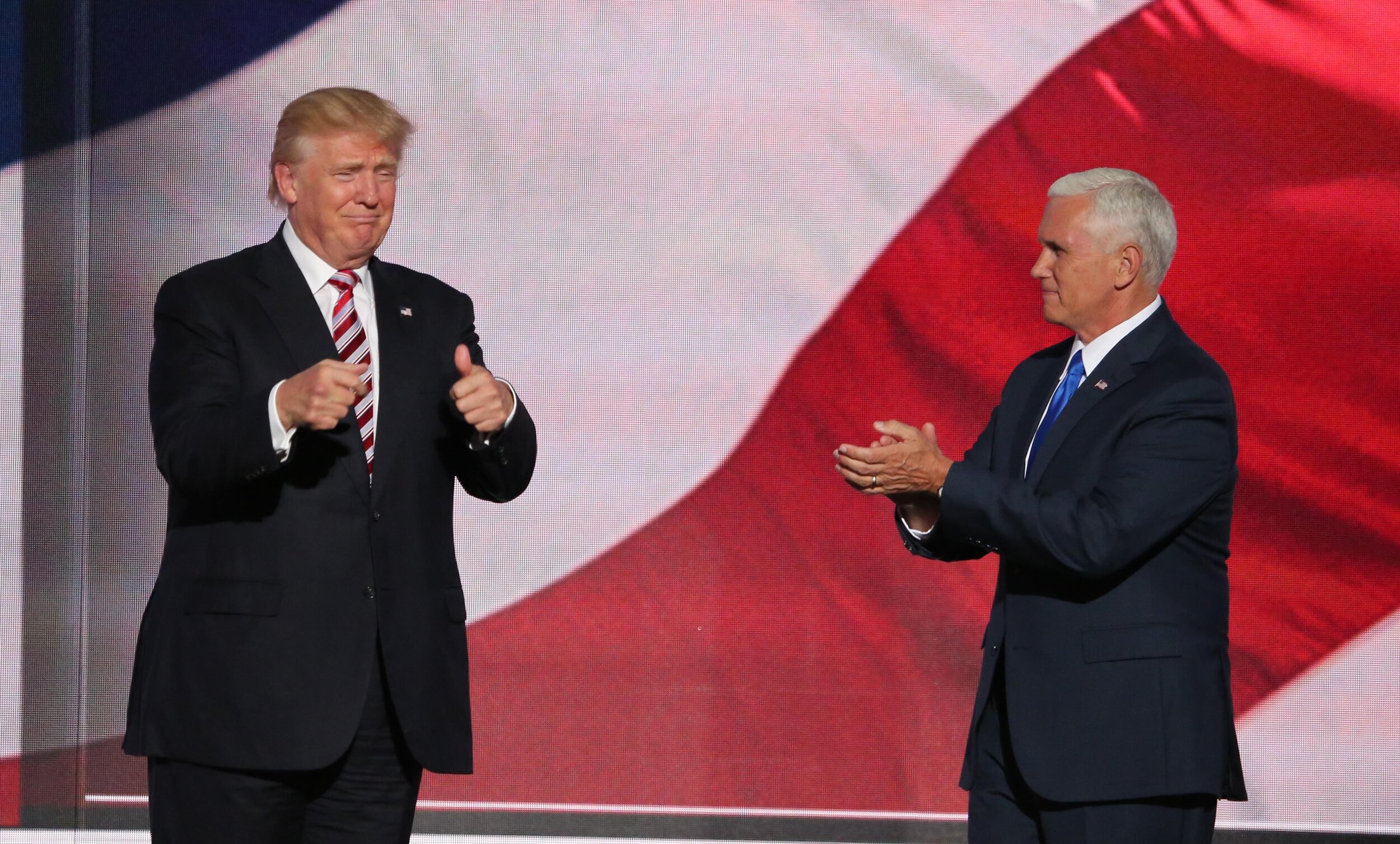LOW LIBRARY – The University confirmed Monday morning that it would be terminating tuition charges for the 2017-2018 academic year, replacing them with a system in which students pay only for those parts of education they consume.
“The old all-you-can-learn system, we’ve decided, is entirely unsuited for the savvy modern student, who knows what he/she/ze needs far better than we can,” President Bollinger told reporters at a press conference on Monday. “Now, students won’t be burdened with access to an unparalleled, world-renowned wealth of resources they’ll almost certainly never use, and can start taking charge of their own education.”
Under the new system, students won’t only be charged per credit—they’ll pay for the number of lectures they attend each semester, with added “grading fees” and “question processing charges.” Office hours will continue to exist, but students will pay on a prorated, per-minute basis, encouraging prioritization. Access to Butler Library, Lerner Hall, the sundial, and similar public spaces will charged at an hourly rate, adjusted to account for surges in demand at any given time. Protest groups wishing to use the steps of Low Library, furthermore, will need to pony up a non-refundable security deposit three weeks in advance; in an effort to promote efficiency, however, the University will waive the fee for any group that can check off five or more boxes on its intersectionality checklist. Dining plans, additionally, will be done away with, replaced by a “Build Your Own Meal” system in which students pay individually for each component of the food they consume, down to the last tomato slice (MSRP: $0.10) on their sandwich.
While chronic truants have embraced the changes with open arms, student advocacy groups have turned out in force to protest the new system, arguing that the new charges disproportionately affect struggling students. Abby Jensen CC ‘17, spokesperson for CCSC, denounced the new system: “This is what happens when Big Tutoring is allowed to pay off administrators. The system is broken.” Indeed, a consultation with CUIT following the announcement revealed a sudden spike in searches for sources of supplemental income for students: the number of people looking up “how to become an egg donor” and “Mexican kidney cartel” doubled late Monday afternoon, while, “how to sell self into sex slavery” has also skyrocketed.
Other opponents of the new system have claimed that charging for access to public spaces prevents low-income students from bonding with their community. However, in an uncharacteristic display of foresight and compassion, the University has assuaged such concerns by announcing the “Social Stickers” program, in which disadvantaged students will be issued large badges, labeled “POOR” in large red letters, that allow them discounted access to Lerner and dormitory lounges.
Despite these arguments, however, some have welcomed the new provisions. “I think it’s fantastic that this school has elected to stop subsidizing laziness,” Ryan Blake CC ‘19, a member of Columbia University College Republicans, told reporters. “I think if you can’t just get partial derivatives on your own, you should pay up. When I don’t get things, I just concentrate a little harder. I don’t see why hard-working students should be forced to brunt the cost for kids who just want to be spoon-fed their education.”
Meanwhile, other students have decided the implications of the new plan aren’t so bad after all. Said George Harrison CC ’20, “At first I was afraid I might have to get a job to pay for my study sessions at Butler, but then I realized I can put it all on Pop Pop’s card anyway—and to top it all off, all these ‘disadvantaged’ students will be bringing down the curve.”
As of press time, the Public Safety was investigating reports of TAs being abducted and forced to provide free tutoring, warning anyone “who’s ever opened a Calculus textbook” to stay vigilant.









